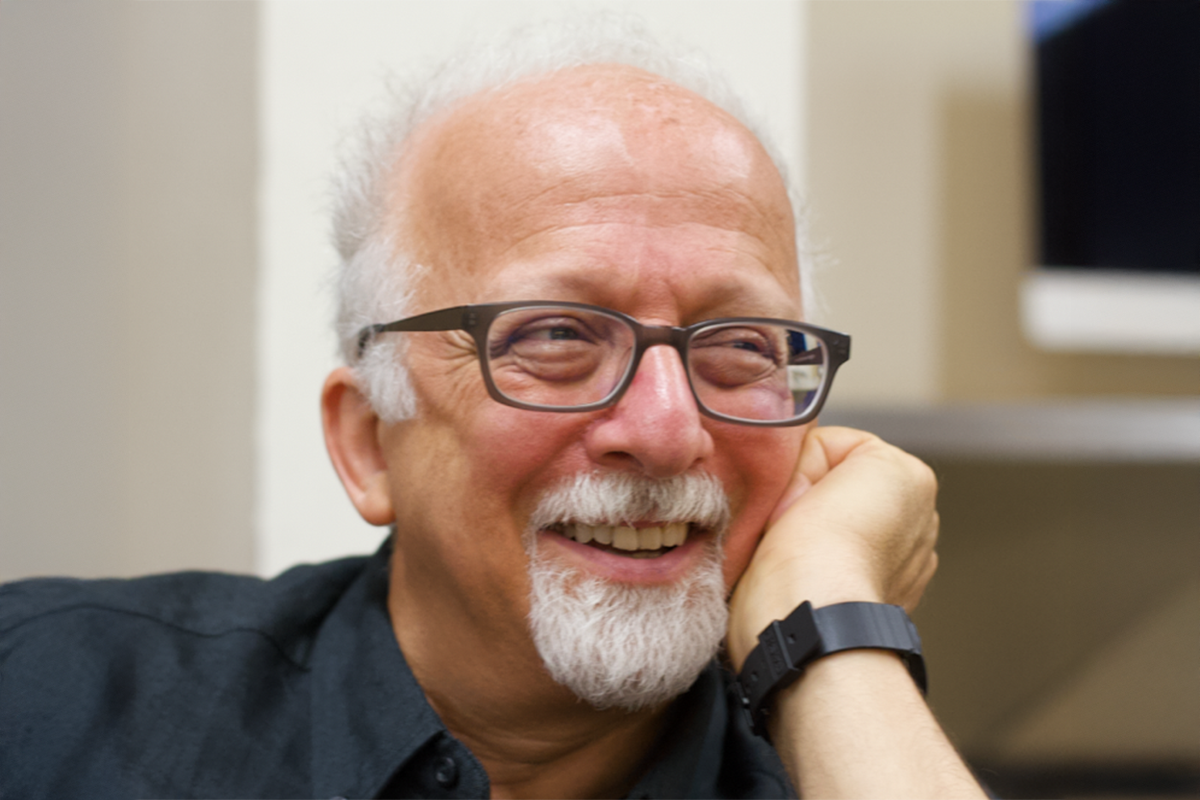PHOTO: David Tabatsky, author and performer, draws on a vibrant artistic background to bring depth and heart to his writing.
From Theatre To Cancer Memoirs And Satirical Fiction
David Tabatsky discusses how his theatrical background shaped his storytelling, his focus on cancer narratives, and his satirical fiction Filthy Rich Lawyers, offering insight into his creative and editorial process.
David Tabatsky lives at the crossroads of performance and prose, his voice shaped by decades on stage and behind the curtain. With roots in theatre and the circus, he developed a storytelling instinct steeped in rhythm, wit, and empathy—qualities that infuse his writing with both playfulness and profound humanity. From memoir to satire, Tabatsky’s range is as vast as it is purposeful, driven by an enduring belief in the power of narrative to provoke, to comfort, and to heal.
Whether exploring the surreal transformations of a fledgling attorney in Filthy Rich Lawyers or guiding patients through the emotional terrain of illness in Write for Life, Tabatsky writes with an ear finely tuned to dialogue and a heart attuned to struggle. His unique background lends his work a certain theatricality, not in the sense of exaggeration, but in its deep sense of timing, structure, and voice. His characters speak as if from the wings of a stage—poised, imperfect, and pulsing with life.
His collaborations are equally notable: a co-author and editor of more than 125 books, Tabatsky brings stories to the page that might otherwise remain unspoken. His editorial hand is delicate yet determined, helping others uncover hard truths with compassion and clarity. Whether chronicling the escape of a boy from the Nazis in The Boy Behind the Door or helping shape memoirs that confront trauma and identity, his influence resonates beyond the printed word.
David Tabatsky’s literary world is stitched together by curiosity, candour, and a refusal to shy away from complexity. His work invites us to consider the roles we play—onstage, in life, and on the page—and reminds us that the most powerful stories often begin in the margins.
How did your experiences in theatre and circus performance influence your storytelling approach in Filthy Rich Lawyers?
The keyword is storytelling. All the years I spent working as an actor and director in theatre, creating and performing solo shows, and performing with circus ensembles provided me with opportunities to develop story arcs and write dialogue, often from a comedic perspective.
In Filthy Rich Lawyers: In Due Time, what inspired the transformation of Ryan Coleman from a naïve attorney to a powerful legal figure?
It’s a relatively classic portrayal of someone youngish and ambitious who gets in over his head and eventually finds his own version of redemption. It seemed like an arc people know and can relate to, making it ripe for satire, too.
What motivated you to focus on cancer narratives in books like Write for Life and Rx for Hope?
After I co-authored and edited Chicken Soup for the Soul’s The Cancer Book: 101 Stories of Courage, Support and Love, I was invited to lead writing and communication workshops in cancer centers around the country, which I did for several years. This deepened my commitment to working in the cancer community. Write for Life: Communicating Your Way Through Cancer and Write for Life: Communicating Your Way Through Cancer and Chronic Disease became “workbooks” to accompany those workshops and presentations, and Rx for Hope was a collaboration with a brilliant oncologist, Dr. Nick Chen, that explains metronomic low-dose chemotherapy, naturopathy and integrative therapies.
How did co-authoring So Much for Happy with E.P. McGill shape your perspective on middle-grade fiction?
The key to writing for kids of any age is creating a voice and an environment that they can relate to or conjure up easily in their imaginations. So Much for Happy was meant to challenge those because of its surreal, somewhat futuristic nature, along with the social and political bent it takes.
What challenges did you encounter while editing personal memoirs such as In Spite Of… and Marilyn Who?
Both of those books were “As Told To’s,” which means my job was to be their conduit and cohort for self-expression and discovery. Digging deep and coaxing each of them meant pulling away layers of memory and defence mechanisms to create a meaningful book.
How did your background in performance arts contribute to your work on The Boy Behind the Door, a Holocaust memoir?
Once again, it’s the art of storytelling, and even though this book is based on real historical events, re-creating them on the page meant making them feel as if they were happening right now in any place that readers may live.
What was the process of collaborating with Brian Felgoise on the Filthy Rich Lawyers series like?
He and I carved out the storylines and then I wrote the content. Once I did that, we went through it together and made some adjustments.
What key advice would you offer aspiring authors aiming to write impactful and diverse narratives?
Don’t quit even when it feels hopeless. Find good spaces to write in that feel neutral and offer a clean slate for your creativity. And take care of your body because writing can hurt––physically.


